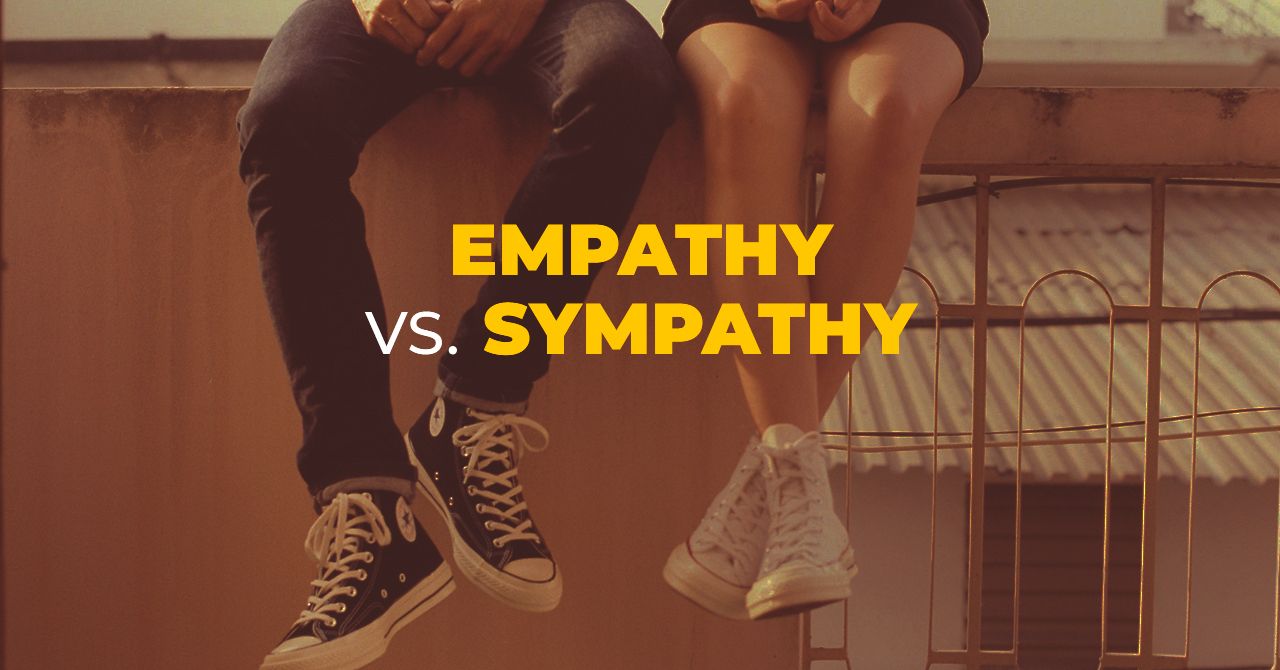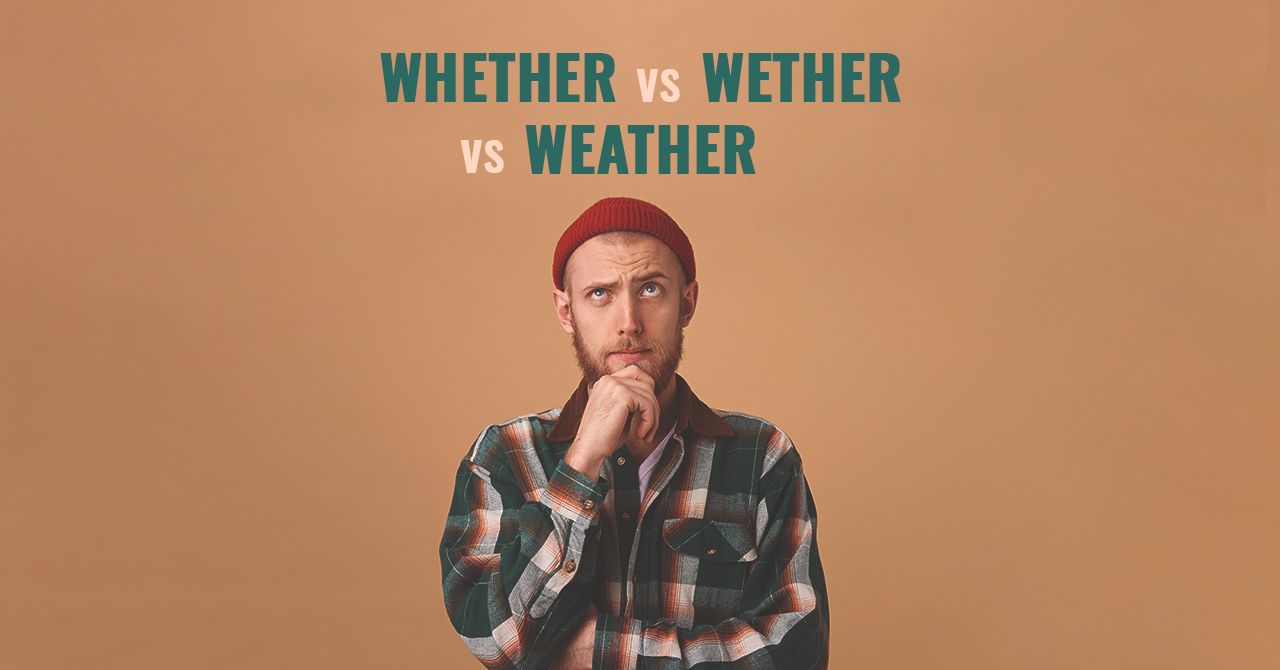Which is correct
Find correct options for writing and using some words and expressions

The Meaning and Uses of “Never Mind” vs. “Nevermind”
“Nevermind” is not merely a misspelling. It is still a word, which can be found in some dictionaries, but it means something completely different.

Empathy and Sympathy—What These Words Mean and How to Use Them
Despite their shared origin, the words “empathy” and “sympathy” have different meanings.

How to Remember When to Use Emigrate vs. Immigrate
“Emigrate” and “immigrate” are two words that are often confused. They are not only very similar words in spelling and pronunciation, but their meanings are very closely linked too.

Animal Explanation of Adjectives Ending in “-ING” and “-ED”
When we try to understand the endings of -ed and -ing, we usually end up in a situation where we can’t make a difference between these two, even if it has been explained to us in detail.

Is There a Difference Between Acknowledgement and Acknowledgment?
In British English, it is spelled “acknowledgement,” with an extra “e” between g and m, while in American English, it is spelled “acknowledgment.”

Understanding Quotation Marks: Usage, Rules, and Examples
A lot of people are confused about quotation marks, especially where to place them in a sentence and whether the punctuation mark that follows them should go inside or outside the quoted text.

What Is the Difference Between a Photo Shoot and a Photoshoot?
The photoshoot is a compound word created by removing space between the two words.

Definition, Synonyms, and Antonyms of “Whether,” “Wether,” and “Weather”
Whether, weather, and wether are homophones! These words, however, have different meanings.